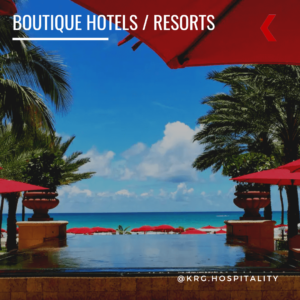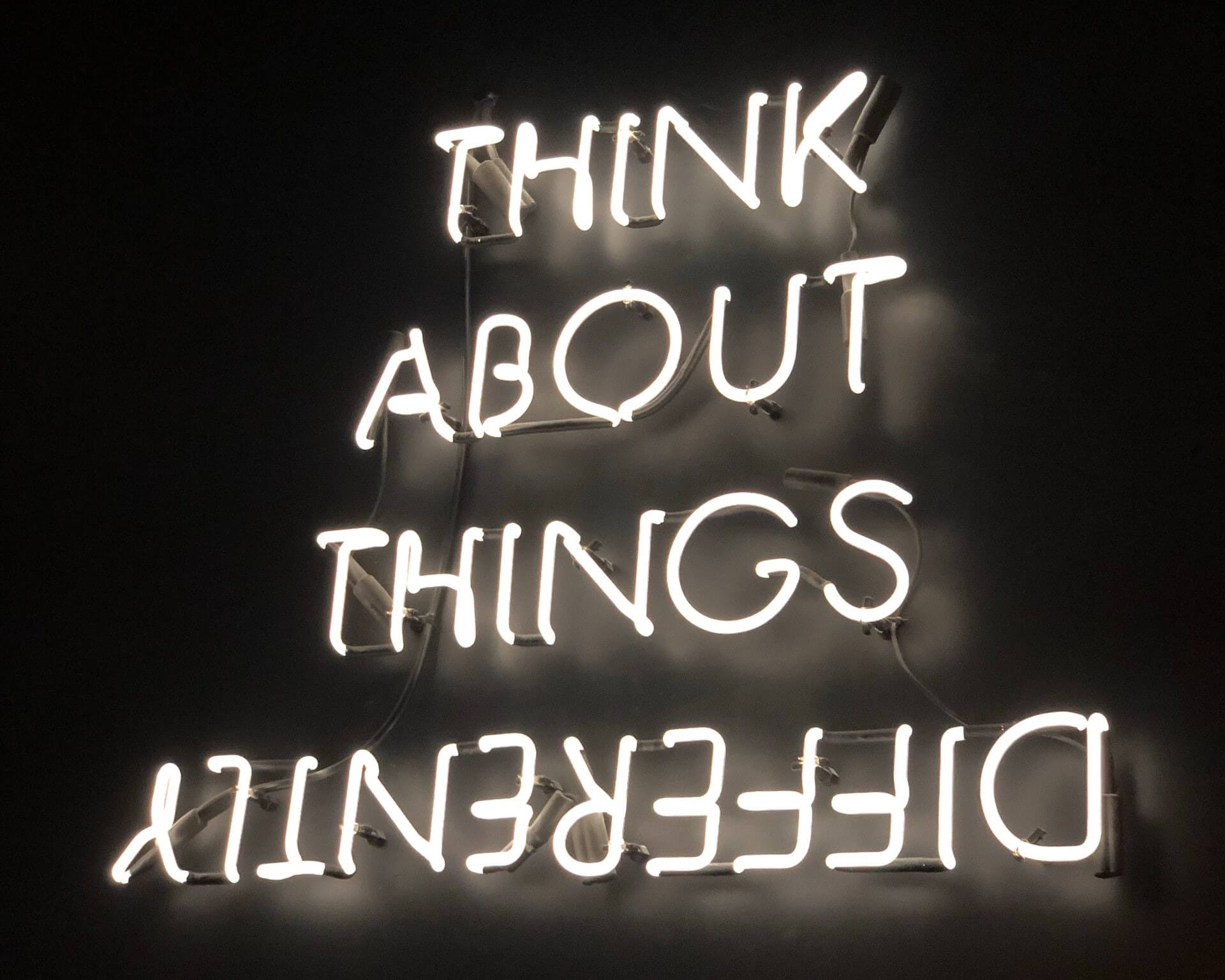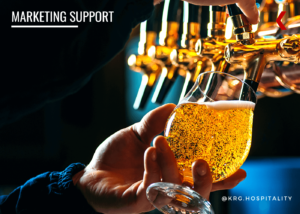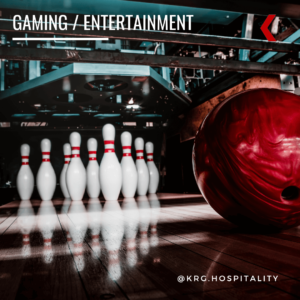Good News from the AHLAF and Lightcast
by David Klemt
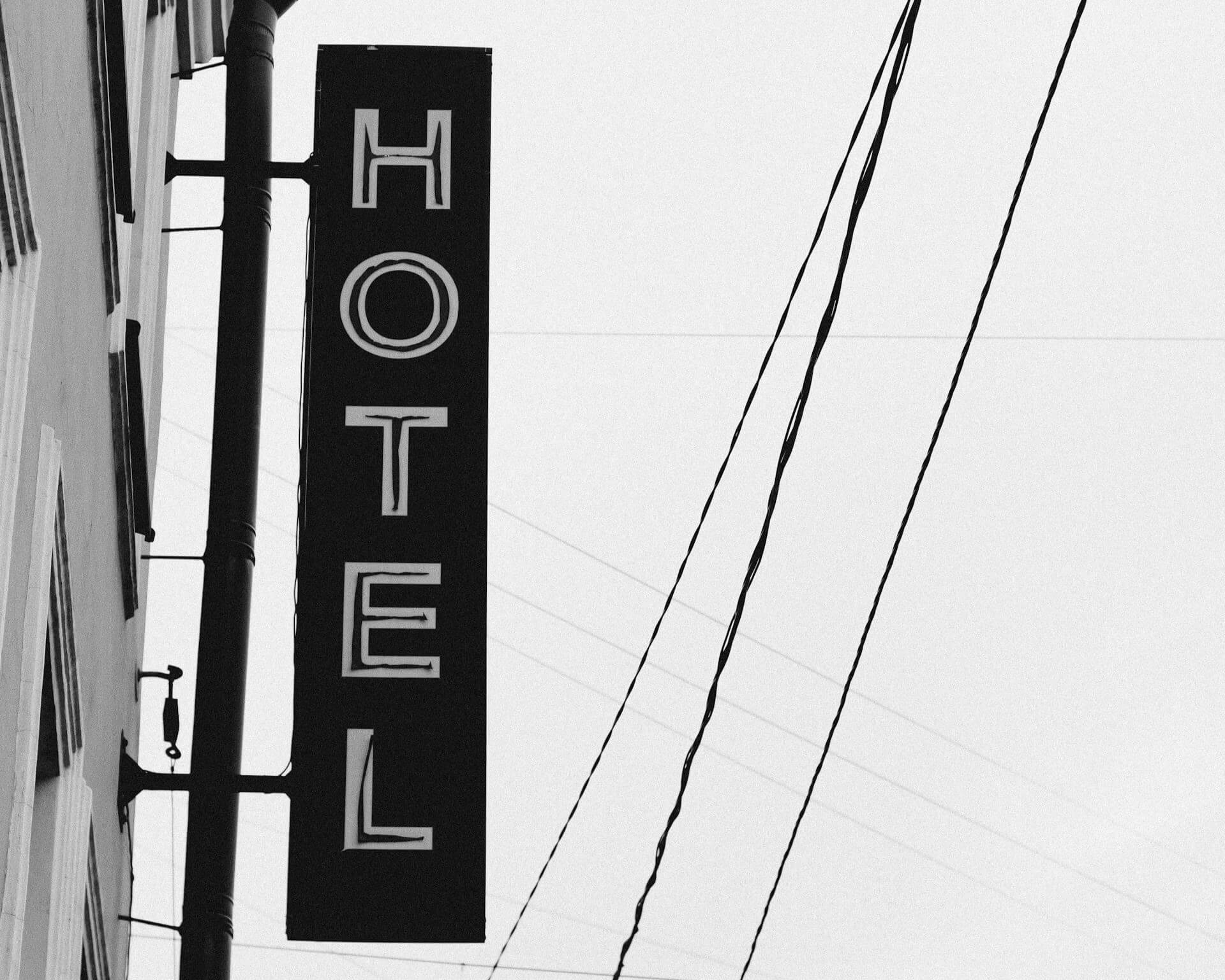
A new report from Lightcast, in collaboration with the AHLAF, reveals positive news about the strength of the hotel and lodging industry.
To clarify for those new to or outside of the hotel industry, the AHLAF stands for the American Hotel and Lodging Association Foundation. Drilling down, the Foundation is the charitable branch of the AHLA.
Representing the entirety of the hotel and lodging industry in the USA, the AHLA is the largest association in the business. Through advocacy, industry resources and reports, and other initiatives, the AHLA supports B&Bs to major hotel groups.
Their charitable arm, the AHLAF, “aim[s] to support the recruitment, retention and advancement of employees throughout the industry.” The branch seeks to accomplish this goal through career development, education, scholarships, and empowerment.
In an effort to better understand the state of the hotel industry, the AHLAF commissioned Lightcast for a report. Projections from the global leader in labor market analytics show the industry in a positive light.
The full report can be accessed via a link in the press release below. However, I’ll share Lightcast’s top finding: Demand for jobs in the hotel industry should be, according to the analytics firm, in serious demand.
In fact, Lightcast finds that demand for hotel jobs will be up to 50 percent higher than the national average over the next five years. This is excellent news for the hotel industry, hotel operators, and anyone seeking a career in the hotel space.
Report: Hospitality Careers Are in Demand, Outpacing National Projected Growth
Over the next five years, demand for hotel industry jobs projected to be 50% higher than national average
WASHINGTON (March 11, 2024) – Recent research commissioned by AHLA Foundation, the charitable arm of the American Hotel and Lodging Association (AHLA), projects robust demand for hotel industry jobs over the next five years, outpacing overall market job growth.
The AHLA Foundation asked Lightcast, a leading labor market analytic firm, for data on demographic and growth trends that would help identify and map career pathways in the hotel and lodging industry. In addition to a report, the result of the research is a dynamic, interactive dashboard that allows job seekers to explore and compare roles, requirements, and compensation across a range of hospitality careers.
The hotel industry currently employs 1.8 million workers in the United States. The AHLA Foundation report projects job growth of 12% in the hotel industry over the next five years, compared to 8.0% for the nation overall. A large share of this demand is at the entry level or in roles that don’t require college degrees, validating the hotel industry’s potential as an engine for mobility. The full report is available at https://www.ahlafoundation.org/funded-research/.
“It’s an attractive time to enter the hotel industry,” said Anna Blue, President of AHLA Foundation. “A key part of our work at AHLA Foundation is supporting the recruitment, retention, and advancement of people in our industry. Understanding the entry points where careers begin, where they lead, and what paths they take is a critical step to helping find their home in hospitality.”
Lightcast used its real-time, proprietary databases and industry parsing to create the interactive dashboard for understanding career pathways in the hotel and lodging industry from 2010 – 2023. The interactive dashboard is available here.
About The AHLA Foundation
The AHLA Foundation, the charitable arm of the American Hotel & Lodging Association, works to support the hotel and lodging industry’s greatest asset – our people. By connecting employees, employers, and their communities, we seek to continuously nurture a culture of professional growth and belonging. When the people who work in our industry thrive, the industry thrives along with them. The Foundation is funded by grants and charitable contributions from generous individuals and organizations who want to support individuals seeking opportunities to thrive in the hotel and lodging industry. Learn more at www.ahlafoundation.org.

